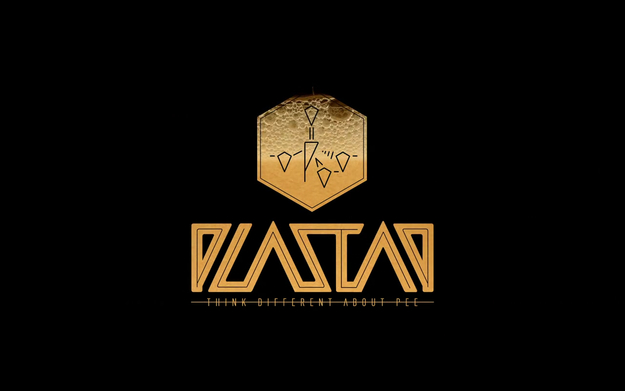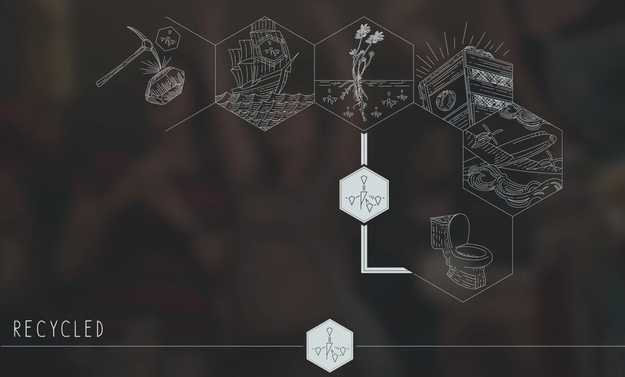Getting glasses full of beer as a reward for peeing: where this could possibly happen? Who would be so crazy to give out a popular beverage in exchange for urine, a smelly waste material? Let me tell you: that happened already in the Netherlands. Studio Aan, a collaboration between Aduén Darriba and Arne Boon, developed the plastap in 2012. The working principle of the plastap (peetap in English) is quite easy: you urinate, a machine calculates the amount of liquid you just put in and delivers an equal quantity of beer as a reward.
An early prototype:
The final design on Vimeo
Still, you might wonder: why take the piss (pun intended)? Although the plastap functioned mainly because it was fun to use, its purpose was very serious. Aduén and Arne wanted to raise awareness on the problematic consumption of phosphates that characterises our societies and on the potential value of urine. Indeed, since the 1950s we have started consuming more and more phosphates in order to produce effective fertilisers for our fields. However, this does not come at no cost: resources are not unlimited and once they will be depleted, our agriculture will probably face a strong crisis. The risk is a collapse in the cultivation and gathering of crops, which could lead to troubles in the distribution on the market, unless we think of a solution early enough.
The paradox is, though, that, while new amounts of phosphate are collected in mines in the USA, Russia and China and shipped to Europe to produce fertilisers, we keep flushing the phosphate contained in our urine down the toilet. This is a broken cycle. The peetap should help people understand that a shorter and closed ecological cycle is possible. If we started recycling pee, we could processed it, extract phosphates (locally) and stop mining and shipping miles away.
Did the message get across? This is not sure. The plastap attracted a lot of attention because it prompted a competitive attitude that invited participants to challenge friends and strangers alike. The fact that people were still willing to pee if there was no beer available, but did not want to do it anymore if the measuring device was not working and could not display the result confirms this. However, people did not necessarily engage with the content behind the design. And those who did are not too likely to remember given the festival context in which the plastap was tried out. Hopefully, this blogpost can contribute to refresh memories and spread the concept around.
You can get an idea of the whole project here

